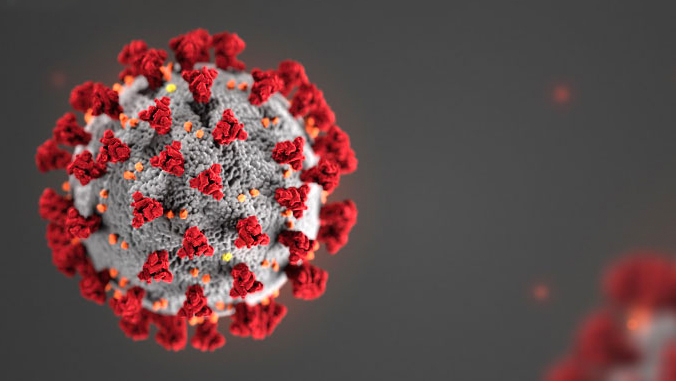International
300,000 Africans could lose their lives to COVID-19 —Report

A report by the Economic Commission for Africa (ECA) has warned that over 300,000 Africans risk losing their lives to COVID-19.
The report said that would happen if there was no adequate protection of the people against the virus due to the continent’s struggling economies.
The report is to be launched on Friday and it is entitled “COVID-19: Protecting African Lives and Economies.”
Noting that the continent’s fragile health systems could see additional costs being imposed on it, the report added that the economic growth rate of Africa was expected to slow down from 3.2 per cent to 1.8 per cent in a best-case scenario.
The development it said, could push close to 27 million people into extreme poverty.
In a statement, UN Under Secretary-General and Executive Secretary, Economic Commission for Africa, Vera Songwe said:
“To protect and build towards the Continent’s shared prosperity, $100 billion is needed to urgently and immediately provide fiscal space to all countries to help address the immediate safety net needs of the populations.”
The report said 56 per cent of Africa’s urban population remained concentrated in slums or informal dwellings and only 34 per cent of households have access to basic handwashing facilities.
“The economic costs of the pandemic have been harsher than the direct impact of the COVID-19.
“Across the continent, all economies are suffering from the sudden shock to the economies. The physical distancing needed to manage the pandemic is suffocating and drowning economic activity,” she added
The report also said that Africa’s small and medium enterprises risk complete closure if there was no immediate support.
It added that oil price, which accounts for 40 per cent of Africa’s exports had halved in value, while major African exports, such as textiles and fresh-cut flowers had also crashed.
The went further to say that tourism, which is responsible for up to 38 per cent of some African countries’ GDP had been halted as well as the airline industry that supports it.
On partnerships, the report noted that African economies are interconnected; and that the response to the crisis “must bring us together as one.”
On mitigation, it outlines a number of concerted efforts to keep trade flowing, especially in essential medical supplies and staple foods, with a strong policy push to fight the urge to impose export bans.
It also proposes that intellectual property on medical supplies, novel testing kits and vaccines must be shared to help Africa’s private sector play its role in the response.
The private sector, Ms Songwe said, needed liquidity, as well as partners.
“That is why we call on the international community to support by injecting more liquidity into our economies,” she said.
She added that there was the need for never-before-seen assistance through innovative financing facilities.
“We must build back better, by ensuring that we are climate conscious in rebuilding and by leveraging the digital economy,” Songwe said.
READ ALSO: Northern Nigeria a ‘high-risk’ for COVID-19 spread —Gates Foundation
While also noting that women are at the front end and the back end of the coronavirus crisis, as they serve as nurses and run many of the small businesses, she said:
“Policies put in place to respond to the crisis must be in collaboration with them; we must be firm and clear on good governance to safeguard our health systems, ensure proper use of emergency funds, prevent our business from collapse, and reduce worker lay-offs.”
Join the conversation
Support Ripples Nigeria, hold up solutions journalism
Balanced, fearless journalism driven by data comes at huge financial costs.
As a media platform, we hold leadership accountable and will not trade the right to press freedom and free speech for a piece of cake.
If you like what we do, and are ready to uphold solutions journalism, kindly donate to the Ripples Nigeria cause.
Your support would help to ensure that citizens and institutions continue to have free access to credible and reliable information for societal development.






















